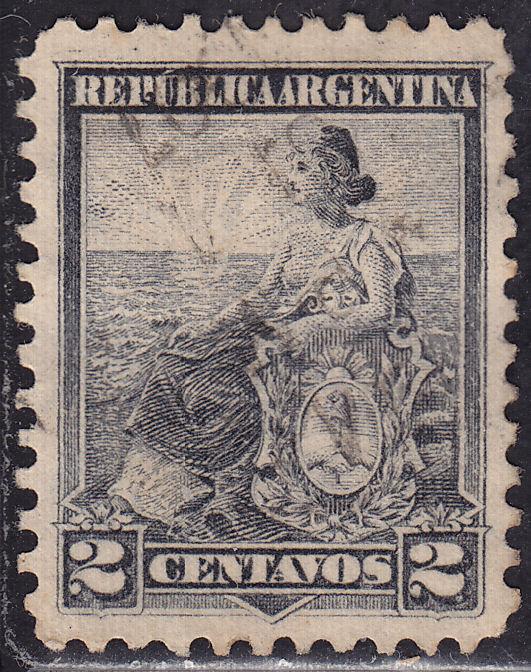
Introduction
Argentina, the eighth-largest country in the world, is known for its diverse culture, rich history, and stunning landscapes. From the tango of Buenos Aires to the breathtaking glaciers of Patagonia, Argentina boasts a vibrant character that attracts millions of tourists each year. Understanding Argentina’s socio-economic developments is vital, as the nation faces significant challenges that impact its global standing and the everyday lives of its citizens.
Economic Overview
Argentina’s economy has been under significant stress, particularly in recent years. As of October 2023, the inflation rate in Argentina had surged to over 140%, a staggering figure that severely affects purchasing power and living standards. The country is grappling with the aftermath of the historic economic challenges, including a volatile currency and high levels of public debt.
In the lead-up to the upcoming presidential elections scheduled for late 2023, the economic landscape has become a focal point for candidates. The newly elected leaders will need to address issues such as poverty, unemployment, and the need for international loans to stabilize the economy.
Cultural Significance
Despite economic difficulties, Argentina’s cultural scene remains resilient and influential. The country has a rich artistic heritage, notably in literature and music. Writers like Jorge Luis Borges and Julio Cortázar have put Argentina on the literary map, while musicians have popularized tango and folkloric music globally.
Moreover, cuisine plays a significant role in Argentine identity. From the famous asado (barbecue) to empanadas, food reflects regional diversity and influences from Italian and Spanish immigrants, making dining a culturally enriching experience.
Recent Developments
In recent weeks, significant political movements have been observed, centered around the emergence of the far-right candidate Javier Milei, who prioritizes economic liberalization and libertarian policies. His ascent reflects widespread frustration with traditional political parties and their handling of the economy. The upcoming elections may signal a shift in Argentina’s political landscape, potentially leading to profound changes in economic policies and international relations.
Conclusion
Argentina stands at a crucial juncture, balancing its rich cultural legacy against a backdrop of economic turmoil and political transformation. As the nation prepares for the critical elections, the decisions made by its leaders will shape the future trajectory of economic recovery and cultural preservation efforts. For citizens and observers alike, the outcome holds significant implications not only for Argentina but for the region and worldwide economic dynamics.



